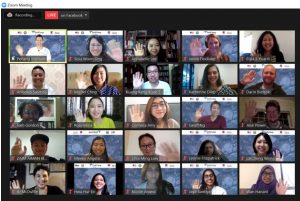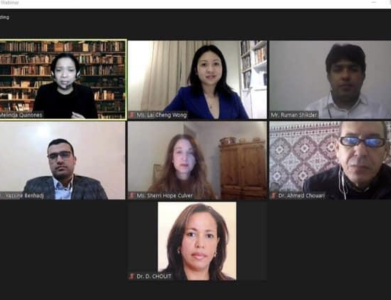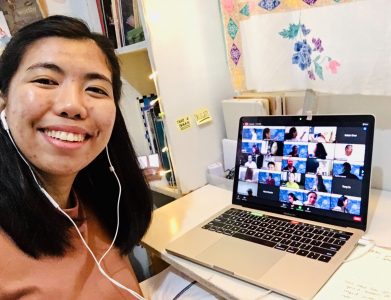The COVID-19 pandemic has brought many in-person events to a halt, including most of the TechCamps planned for 2020. However, TechCamp organizers haven’t stopped thinking of ways to bring programming to community leaders around the globe.
TechCamp Malaysia, held in five sessions between October 6-16, 2020, was the first TechCamp hosted in a fully online setting. The event’s focus was countering disinformation, an issue that’s become central to the post-pandemic world. From bogus cures to hoaxes and conspiracy theories, social media is overrun with false and misleading information that endangers lives. A lack of media literacy training across Southeast Asia, as well as journalists’ conflicting desires to maintain ratings and clicks while producing quality content, and the relative ease of being able to push out false narratives, compound the problem further.
TechCamp Malaysia participants hailed from many countries across Southeast Asia, including Cambodia, Indonesia, Malaysia, the Philippines, Thailand, and Vietnam. Trainers came from an even broader range of locales, including Europe, North America, and Asia. The diversity of backgrounds and experiences contributed to the collaborative environment that is valued by participants and trainers alike.
The virtual programming for TechCamp Malaysia followed the template of in-person TechCamps, including speed-geeking sessions with trainers, interactive breakout sessions, challenge statement creation, and final pitch presentations. Programming was spread out over five days within a two-week period to make sure all participants could attend, as most were balancing work and family obligations as well as joining the event.
Of course, the virtual setting came with its own challenges (as well as unexpected benefits). The biggest challenge was timezone management— with the inclusion of trainers and organizers, attendees spanned three continents. Aside from careful planning of event times, prompt communication was essential to making sure everything ran smoothly. Additionally, organizers had to make sure that attendees were able to connect to the internet for the duration of the program, so subsidies were distributed to those in rural areas for the purchase of a faster connection package.
Engagement continues even after the TechCamp’s final presentations and wrap-up discussions. TechCamp Small Grant applications were accepted until November 30th, 2020 with an increased funding pool available to participants who wish to continue projects created during the virtual workshop, or to launch new initiatives all together.



